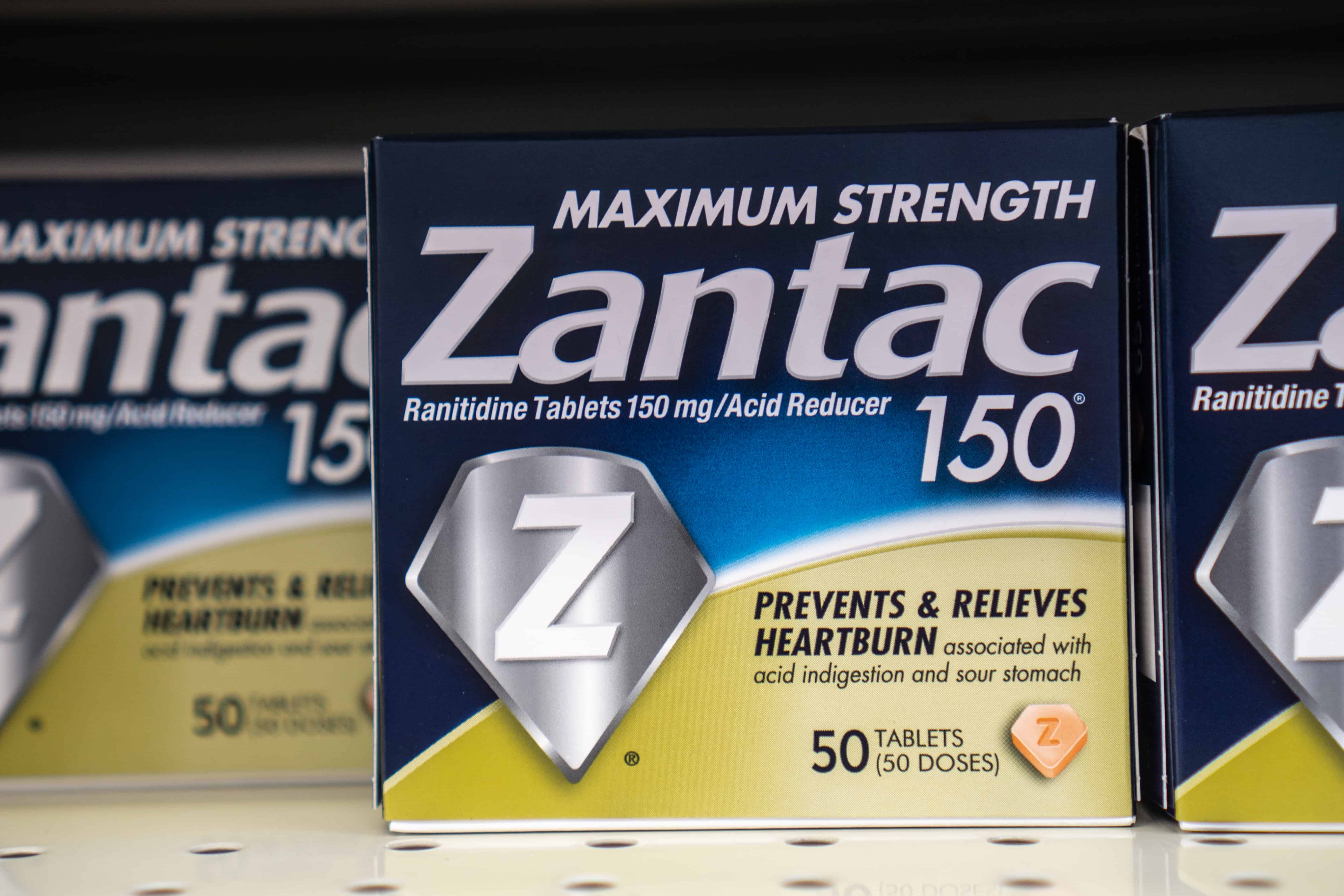
The U.S. Food and Drug Administration has pulled the popular heartburn medication Zantac and other ranitidine drugs off the market due to contamination from a probable cancer-causing chemical called N-nitrosodimethylamine (NDMA). Consumers have been warned to stop taking any leftover medication they have, as the FDA has found that the contamination levels can increase over time.
Exposure to NDMA has been tied to gastric or colorectal cancer, as well as tumors in the liver, kidney, and lungs. It has also been shown to cause severe liver damage.
If you or a loved one has been diagnosed with cancer after taking Zantac or another ranitidine medication, you deserve answers about what caused your illness. At Cain Law, our Zantac lawyers have extensive experience investigating these types of cases and fighting to hold large manufacturers accountable for the harm their products cause.
To learn about your legal right to compensation, contact our law firm today for a free consultation.
The Dangers of Zantac
In September 2019, the FDA warned that Zantac and other prescription and over-the-counter medications containing ranitidine were contaminated with low levels of N-nitrosodimethylamine (NDMA). NDMA is only produced in the United States as a research chemical, having been used to make rocket fuel at one time. However, it can also be unintentionally produced during the manufacturing process and may be found in low levels in tobacco smoke and chewing tobacco, certain foods, cosmetics, detergents, pesticides, and other products, according to the Agency for Toxic Substances & Disease Registry.
NDMA has been labeled a probable human carcinogen by the International Agency for Research on Cancer.
Initially, the FDA did not detect high enough levels of NDMA contamination in Zantac and other ranitidine medications to warrant a mandatory recall. However, some manufacturers began voluntary recalls of their products. In April 2020, the agency announced that further studies showed that contamination levels in the medication increased over time, especially when the medicine is stored at higher than room temperature.
“Low levels of NDMA are commonly ingested in the diet, for example NDMA is present in foods and in water. These low levels would not be expected to lead to an increase in the risk of cancer,” the FDA warned. “However, sustained higher levels of exposure may increase the risk of cancer in humans.”
Who Can File a Zantac Lawsuit?
If you have been diagnosed with cancer, suffered liver damage, or experienced other severe health problems after taking Zantac, you should speak with our attorneys about your legal rights. If you have any leftover ranitidine medication, save the medicine and the packaging, as it may be used as evidence. You should also save any paperwork related to your diagnosis and treatment so we can review it.
Schedule a free consultation with our Zantac lawyer now to discuss your case and learn about your options for pursuing the compensation you deserve.
How Can a Zantac Lawyer Help Me?
If you have been harmed due to tainted ranitidine, our knowledgeable Zantac lawsuit attorneys can help you demand compensation for the losses you have suffered. This may include compensation for:
- Past and future medical expenses
- Lost income
- A reduction in earning capacity for the future
- Physical and emotional pain and suffering
Our attorneys will manage all the details of your claim, including analyzing your medical records and consulting with experts to determine the cause of your illness. We will thoroughly document the full extent of the damages you have suffered, and will continue to suffer, as a result of your exposure to NDMA in ranitidine.
Take the first step toward getting the answers you need by calling our law firm today. We can meet with you in a free, no obligation consultation to talk about what you’ve been going through and explain your legal rights.
Additional sources:
- https://www.who.int/water_sanitation_health/dwq/chemicals/ndmasummary_2ndadd.pdf
- https://www.epa.gov/sites/production/files/2016-09/documents/n-nitrosodimethylamine.pdf

